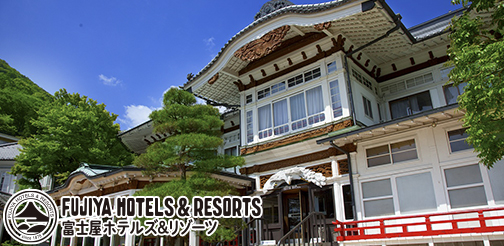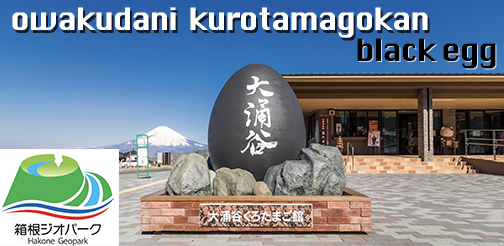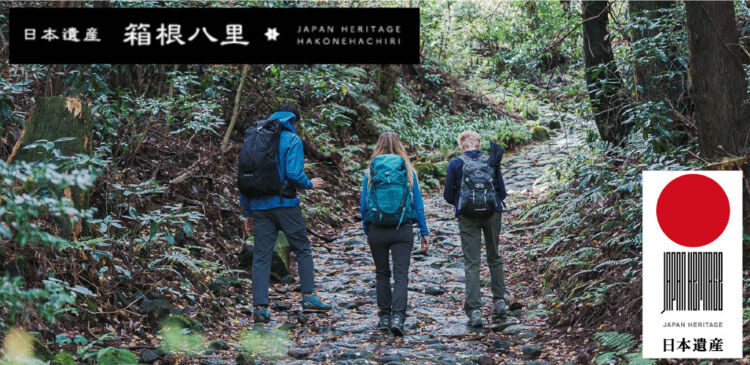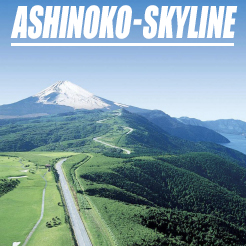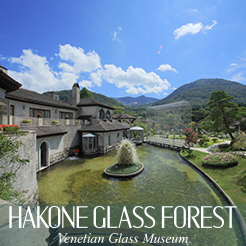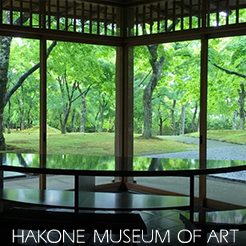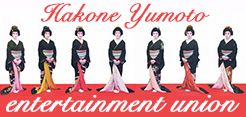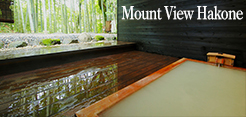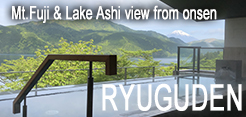The vast fields of Sengokuhara are covered with tall susuki grass (silvergrass; Miscanthus sinensis). Deep green in summer, the grass sends up glistening seed mauve heads from September that turn into silvery tufts by mid-autumn. A path through the fields climbs a hill and the farther you go, the better the views of nearby mountains and surrounding wetlands. A former lake bed, the grassland is regularly maintained by controlled burning to keep trees and other invasive plants from taking over and suppressing the growth of the grass. This maintenance used to have a very practical purpose beginning in the Edo period (1603–1867), when the miscanthus grass was used for thatching the roofs of houses. The fields languished for several decades when modernization of building materials removed demand for the grass. Preservation activities were restarted on a trial basis in 1989. Since 2000, the susuki has been cut and the fields burned off every year, ensuring that visitors can enjoy the distinctive beauty of this plant which has long played an important role in Japanese life and culture.
This English-language text was created by the Japan Tourism Agency.


